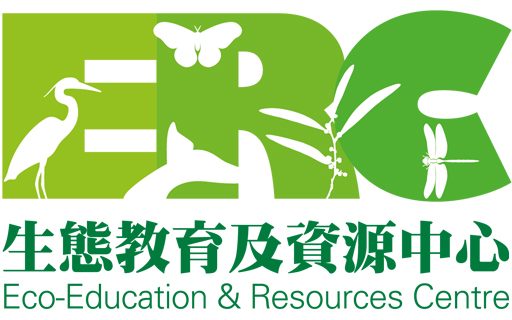SDGs 14:
Conservation and sustainable use of marine ecosystems to ensure biodiversity and prevent deterioration of the marine environment. The goal is to prevent and significantly reduce all types of marine pollution, especially waste from marine and land-based activities, including marine solids Waste and nutrient pollution. It is hoped that through sustainable management and protection of marine and coastal ecosystems, major negative impacts will be avoided, the cleanup of marine waste will be strengthened, the resilience of the ocean will be enhanced, and existing marine resources will be protected through active cooperation with all sectors of society and science.
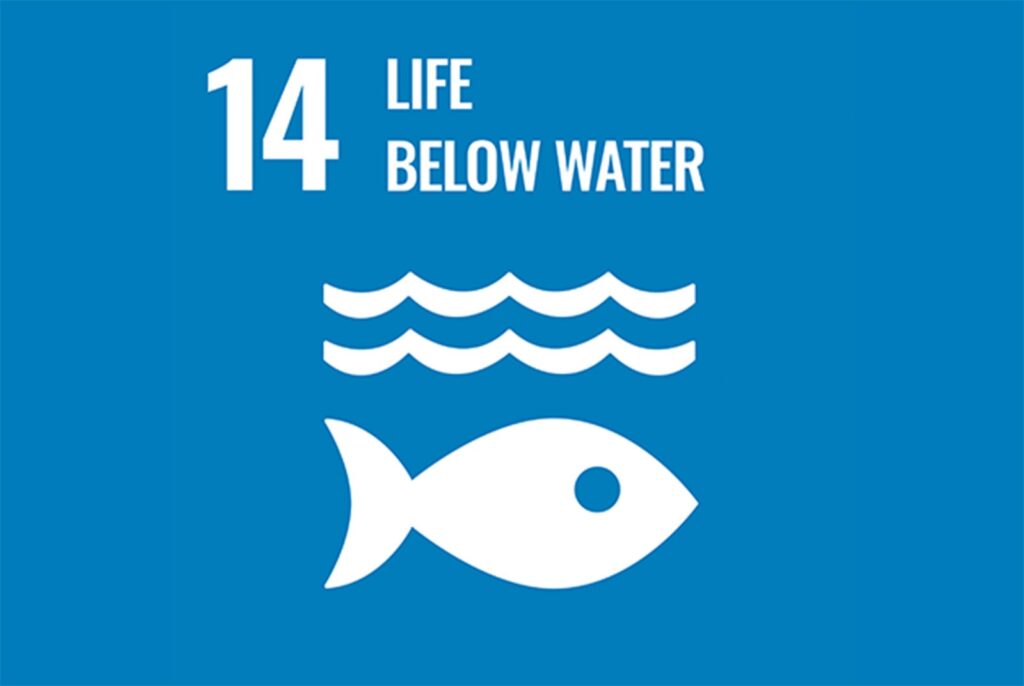
Marine debris has been a serious threat to marine wildlife and natural environment. There are approximately around 1.5 hundred million tonnes of plastic waste dispersed in the ocean to date.
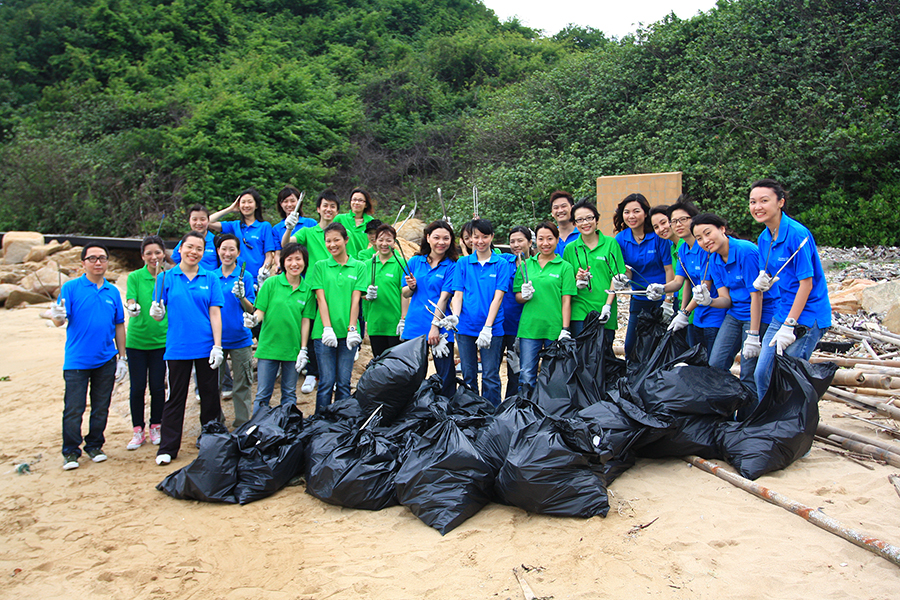
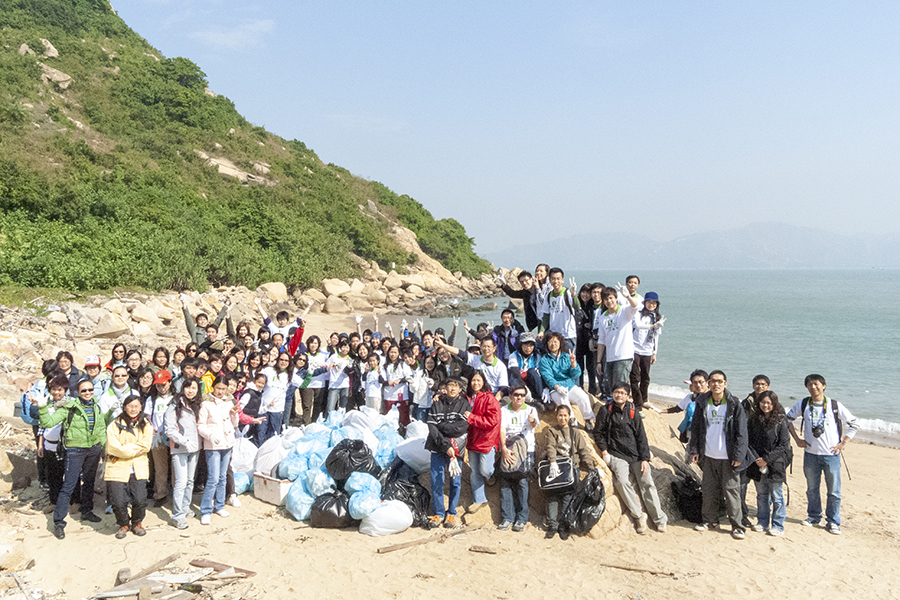
Since 2005, we have launched numerous coastal clean events from solos to hundreds. Over the years, supports and acknowledgements from the public and private sectors as well as relevant official bodies are rendered. With various ways of cooperation, forces are assembled into an integral core in coastal cleaning.
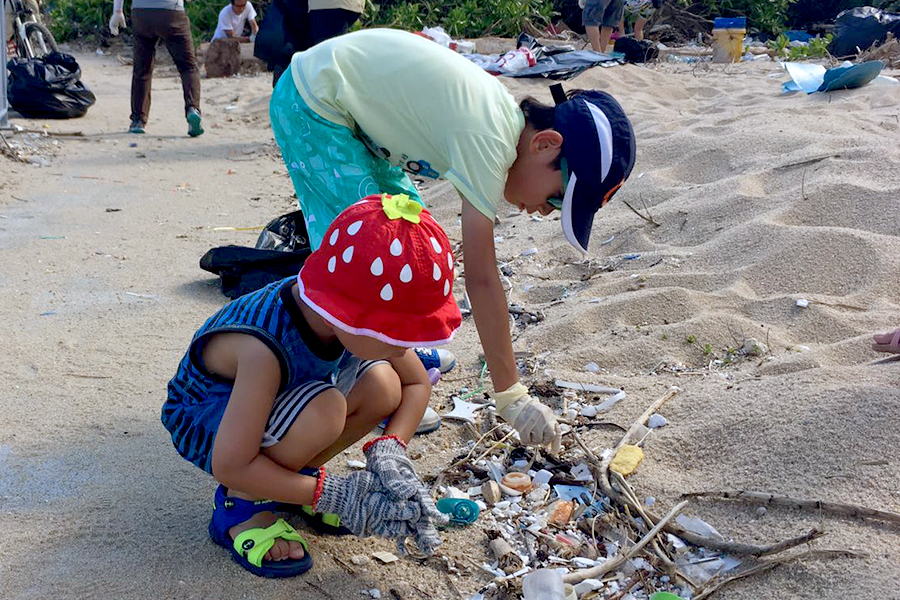
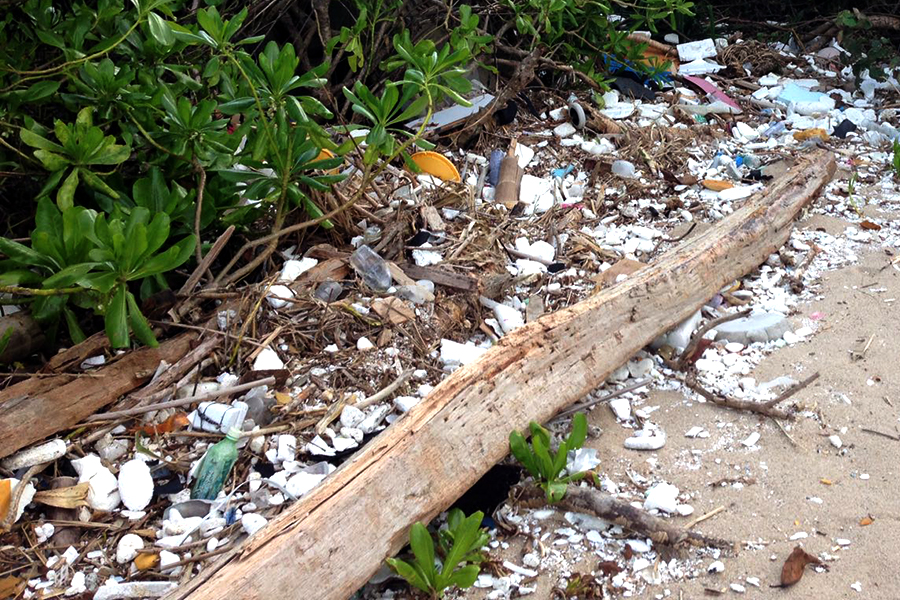
On 23 July 2012, typhoon Vicente, one of the strongest storms in the recent decade, hit Hong Kong and the adjacent water, causing seven containers of a container ship in the southern water fell into the sea. Worse still, six of which were full loaded with plastic polypropylene pellets and wrecked by the waves. The pellets are released into the water and drifted along the current around the southern water and shores in Hong Kong, resulting a broad environmental pollution and jeopardising the local ecology and fishery.
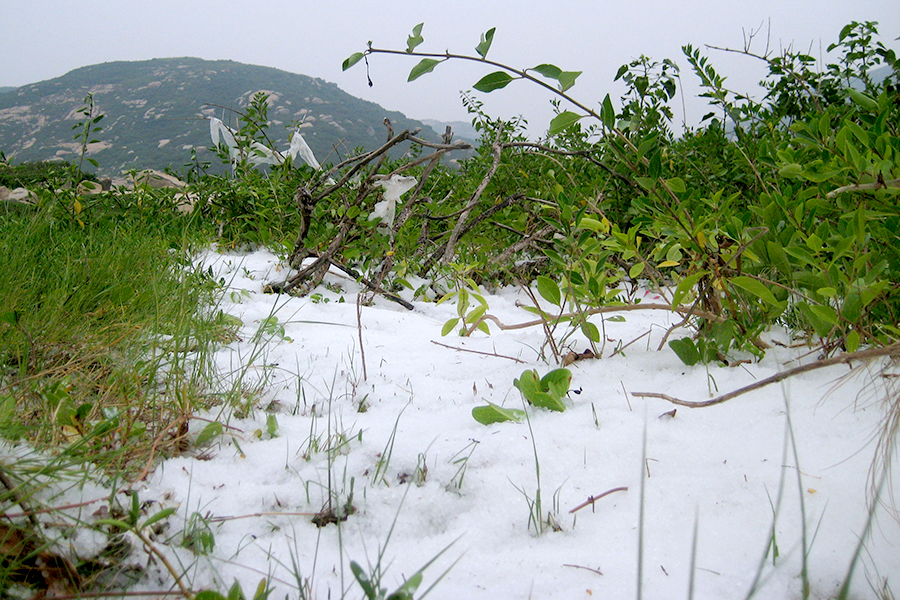

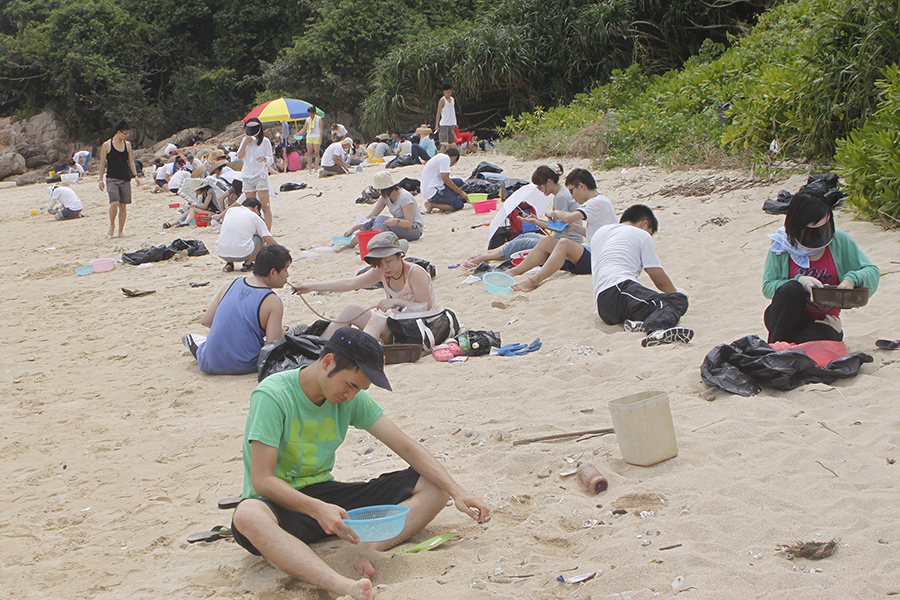
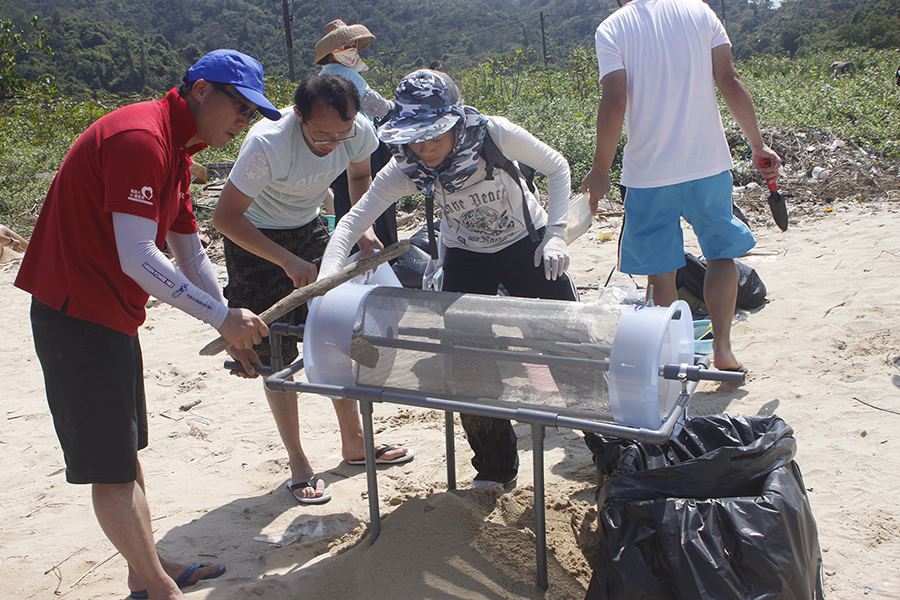
Facing such a dire ecological disaster, in collaboration with “Green Power” and “Lamma Corner”, we have organised a series of coastal clean events called “The Minute Maids”. In two months’ time, hundreds and thousands citizens have taken part in the coastal clean and have cleaned up the pellets scattering on the beaches. Granted, complete removal of pellets from the environment is not possible as they can be found trapped between rock crevices and buried under the sands. Other than the plastic pellets, we have also noticed that larger marine debris is actually a growing concern in Hong Kong and we therefore take the initiative to start a long-term coastal cleaning campaign.
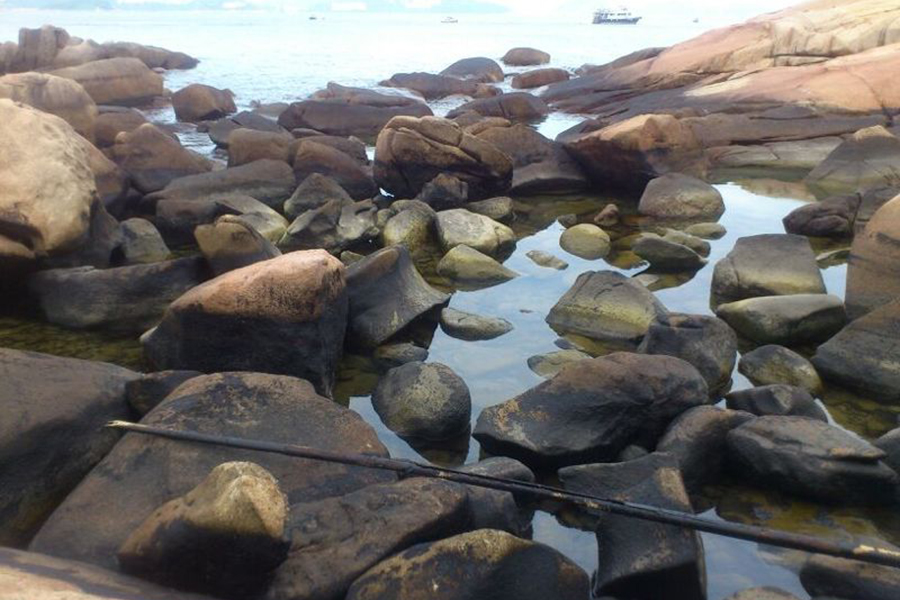
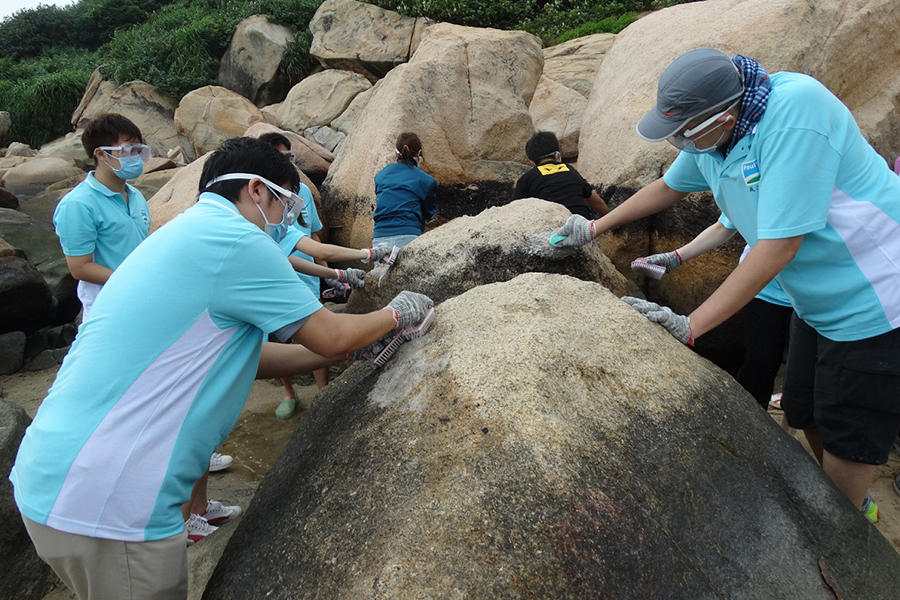
In June 2013, there was a serious oil leakage discovered near Shek Pai Wan and Lamma Island. Luckily, with the donation of safety spectacles and gloves from the public sector and financial sponsorship for environmental-friendly detergent from “Green power”, we have gathered a group of volunteers promptly to help battle the oil slick.
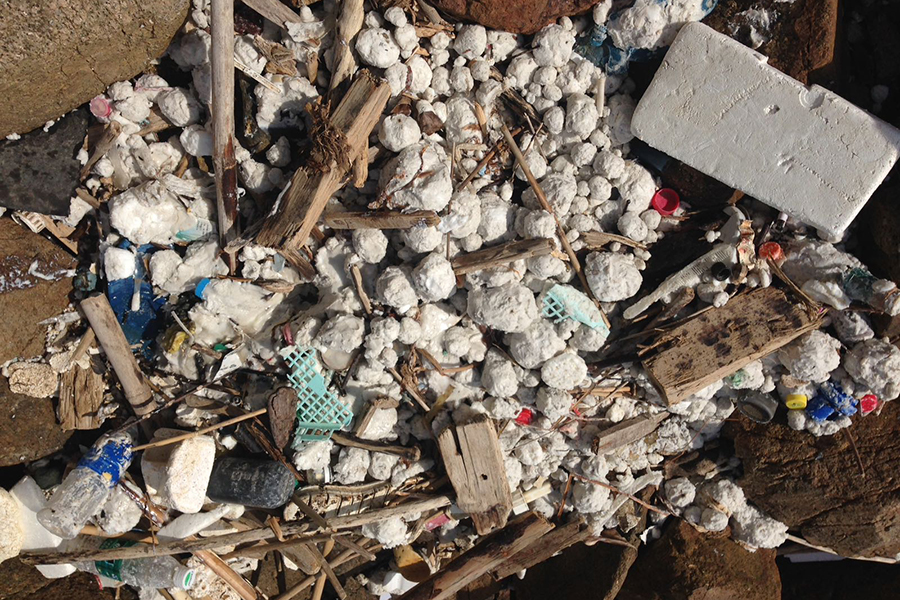
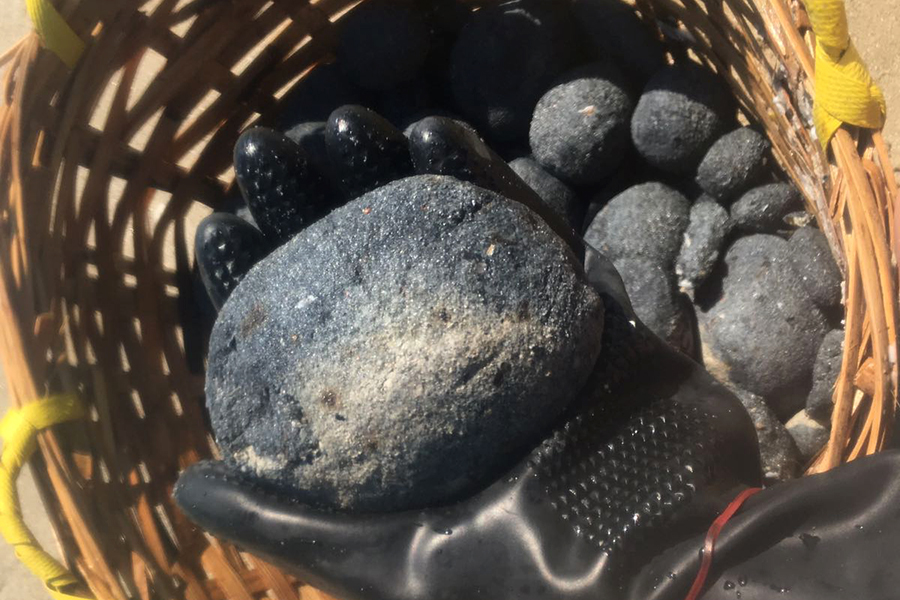
In August 2017, patches of white viscous palm oil slicks were found in the southern water in Hong Kong. Under the scorching sun, the oil begun to melt into the litters and sands, raising the difficulties in clearing them up.
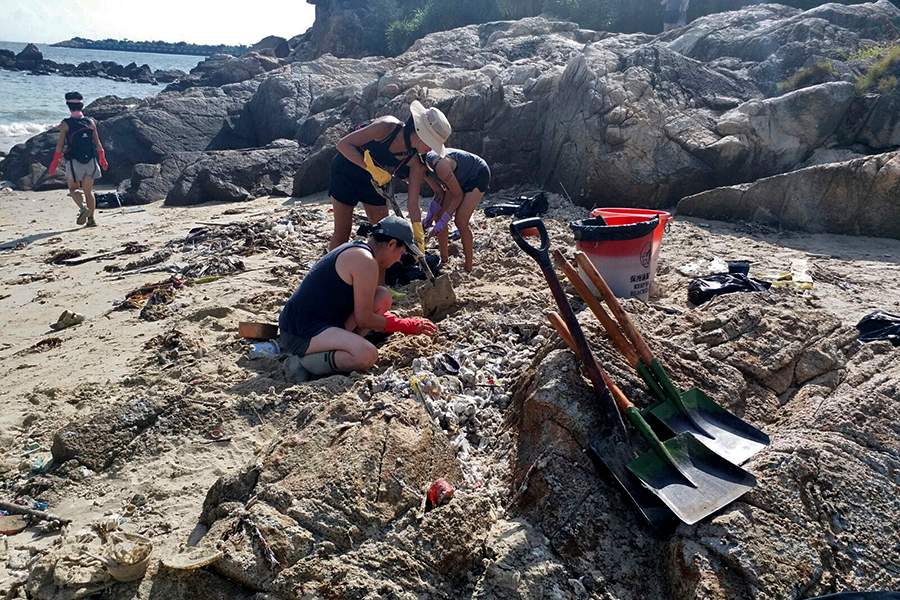
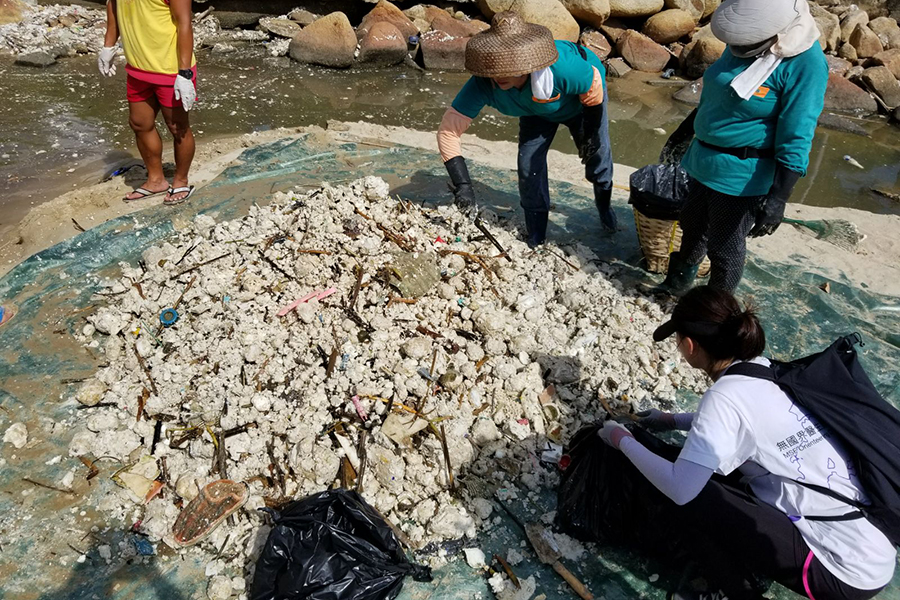
Previous coastal clean experience in 2012 and 2013 allows us to host the community-led event in a more organised and efficient fashion. In the end, over thousands of local citizens participated in the beach clean event throughout the month.

 We have organized workshops for public to up-cycle the collected wastes of palm oil slicks into candles.
We have organized workshops for public to up-cycle the collected wastes of palm oil slicks into candles.
We have organised several workshops after these oil pollution incidents to raise public awareness in palm stearin and rainforest destruction and how they are related to our daily habits. Through craft workshops, we have also taught citizens to turn the recycled palm stearin into handmade candles, relighting a second life of the palm oil in the lantern festival.
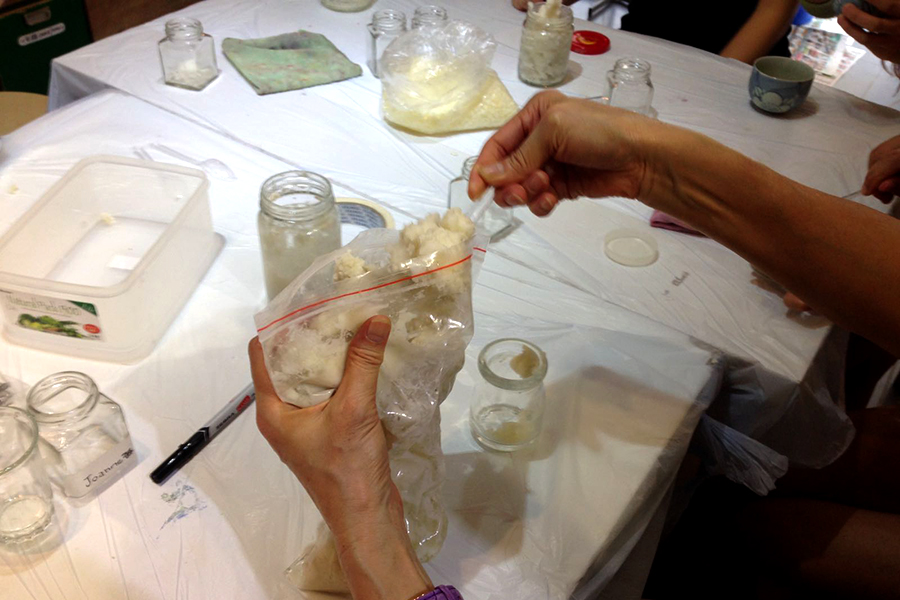
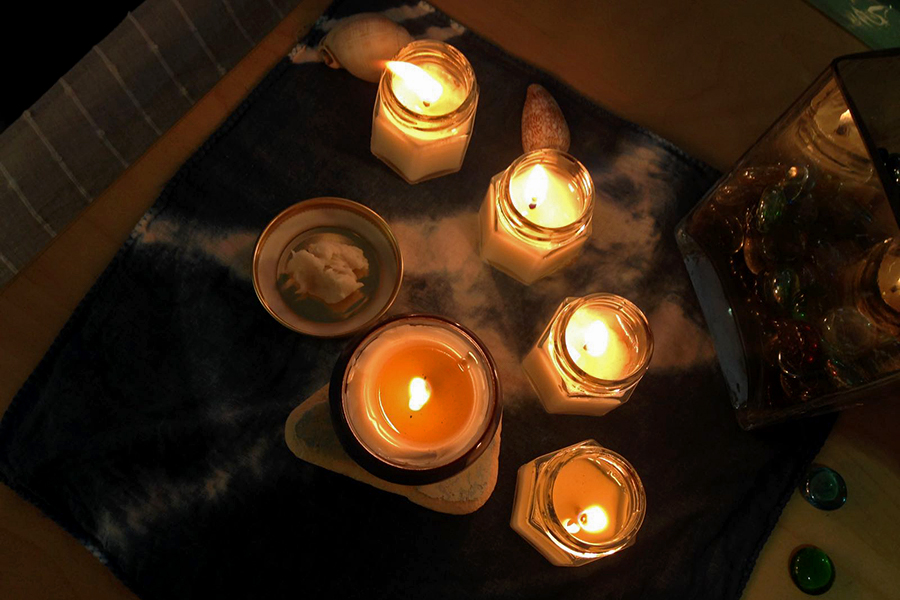
Witnessing three tremendous marine pollution incidents, citizens begin to understand the importance of coastal clean. We have therefore started the monthly coastal clean events since 2017, picking up plastic litters around the beaches in Hong Kong.
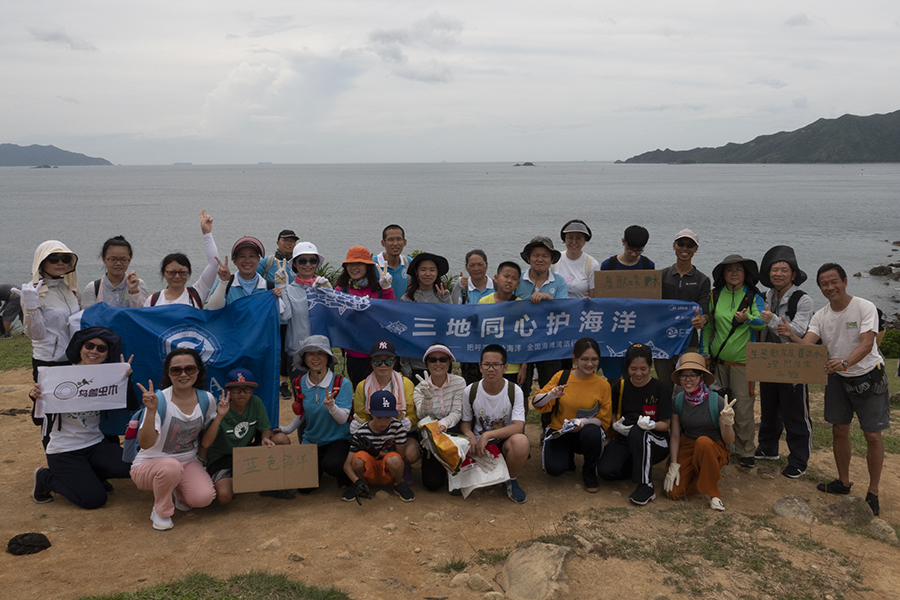
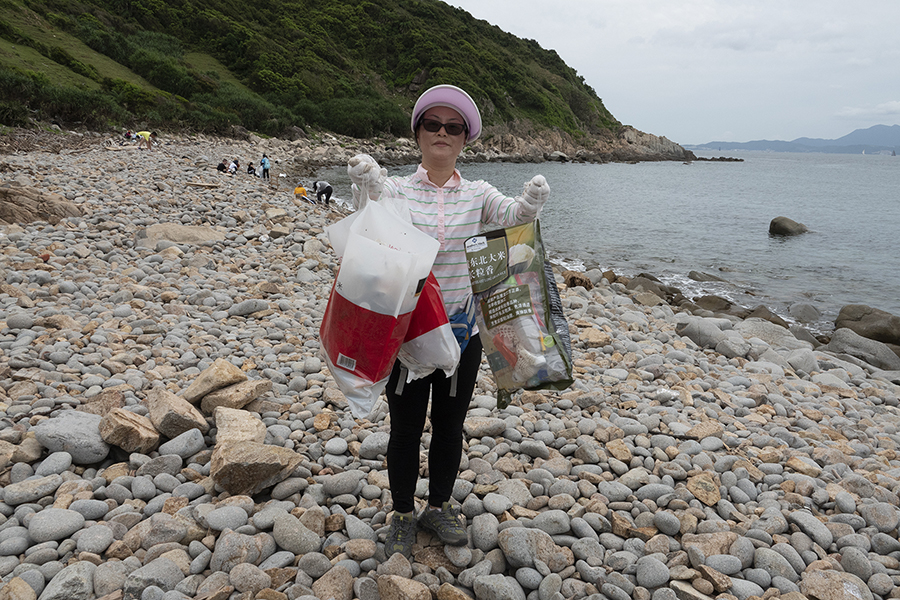
In 2018, “Rendu Ocean”, a Shanghai-based NGO focusing on marine debris issue, invited us to represent Hong Kong to participate in China Coastal Cleanup. In August, citizens led by NGOs from China, Hong Kong and Macau joined hands to clean the marine litters around the Southern Chain coast, collecting over 20 tonnes of marine debris during the event.
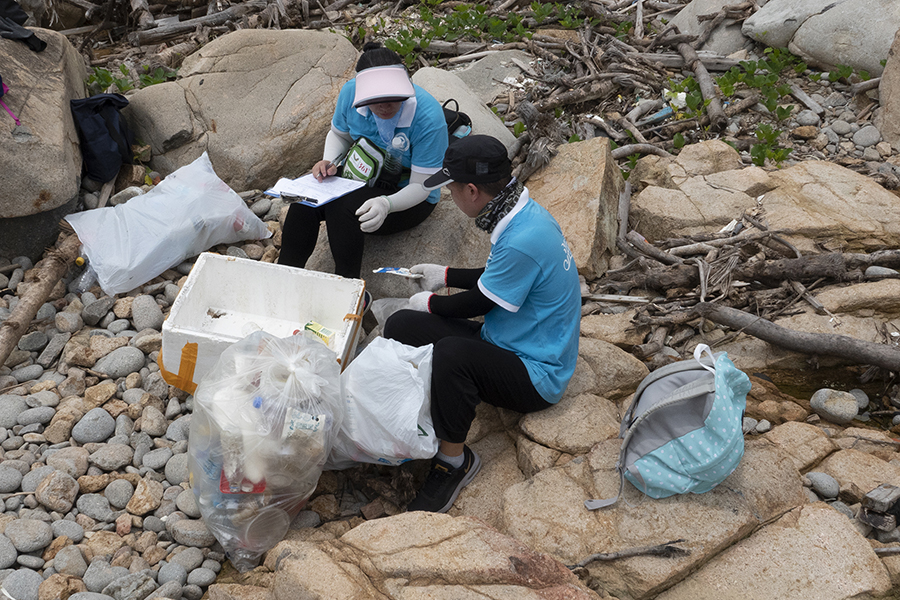
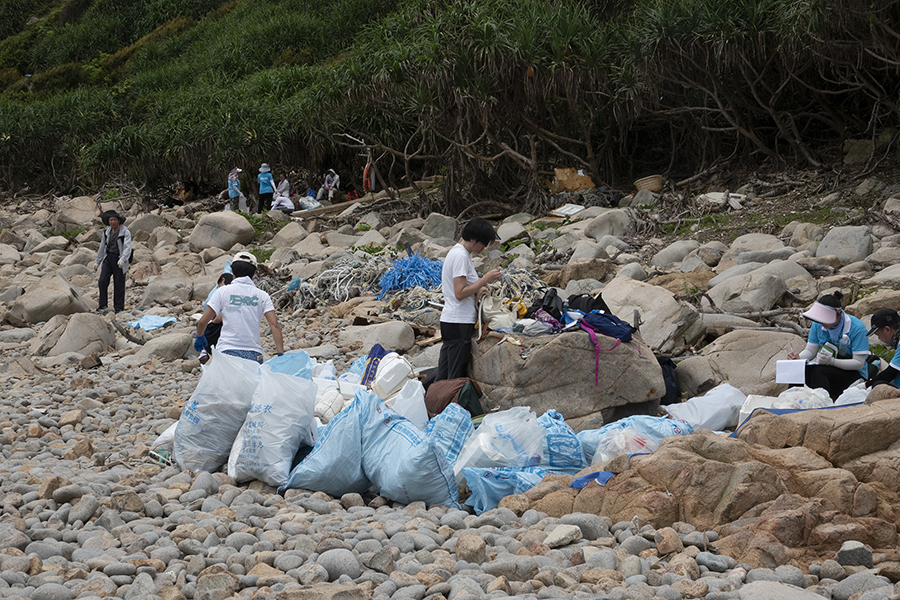
In August 2019, we collaborated with “The Society of Canton Nature Conservation” and “Shenzhen Blue Ocean Environmental Protection Association” from Shenzhen to take part in 15th Shenzhen International Coastal Cleanup Day. Together with the volunteers from Shenzhen, we have picked up 300 kilogrammes of marine litters on Grass Island (Tap Mun).
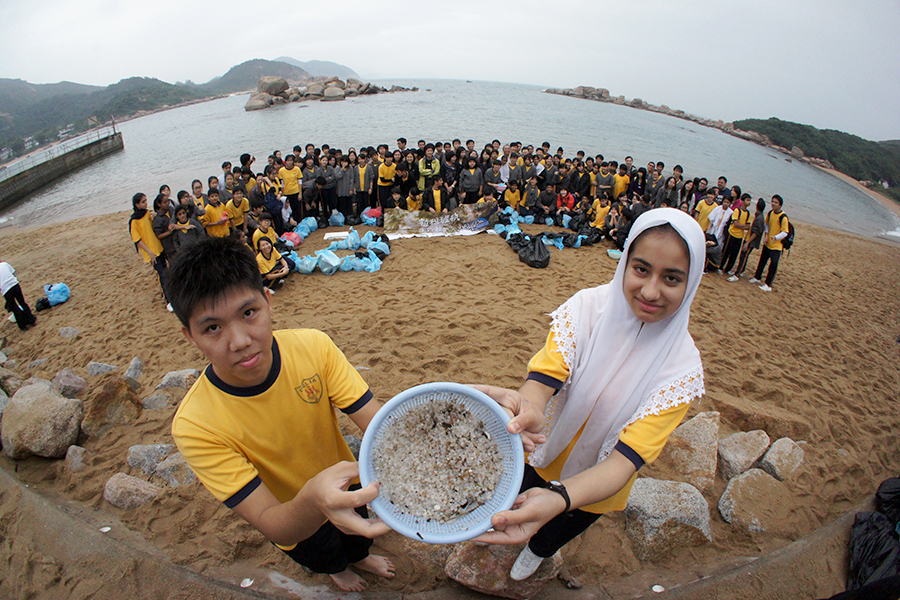
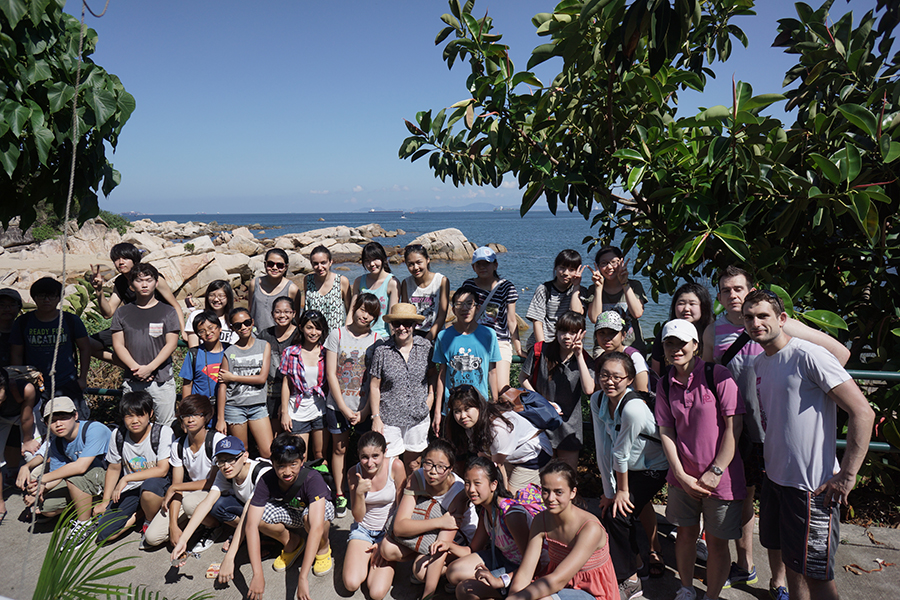
Throughout 2019, we have organised more than twelves coastal clean events of various scales and cleaned up nearly two tonnes of marine debris.
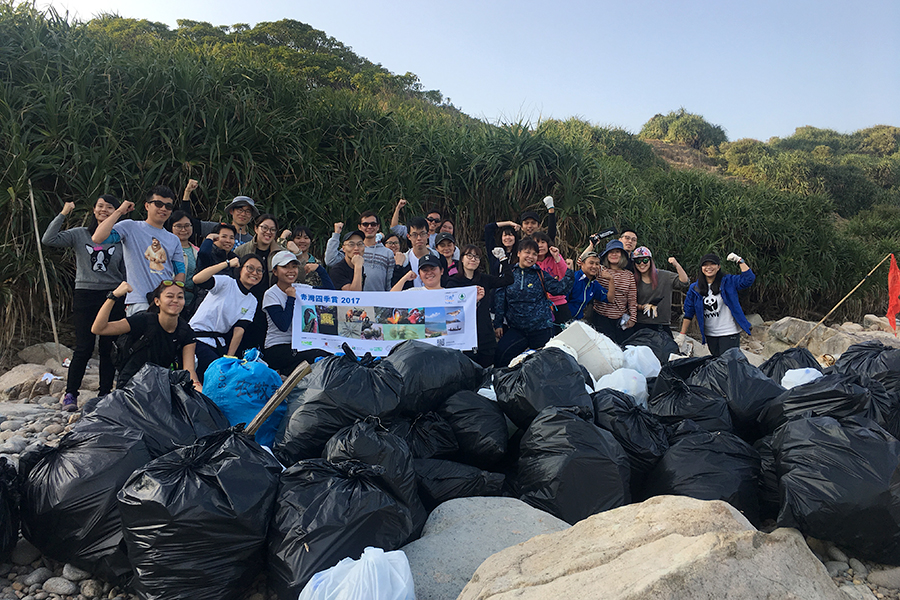

Today we have organised over hundreds of coastal clean events. On the other hand, however, the marine debris problem is still a severe issue requiring great persistence from you and me. Please support and join us in conserving our pristine coasts and the precious marine wildlife.
